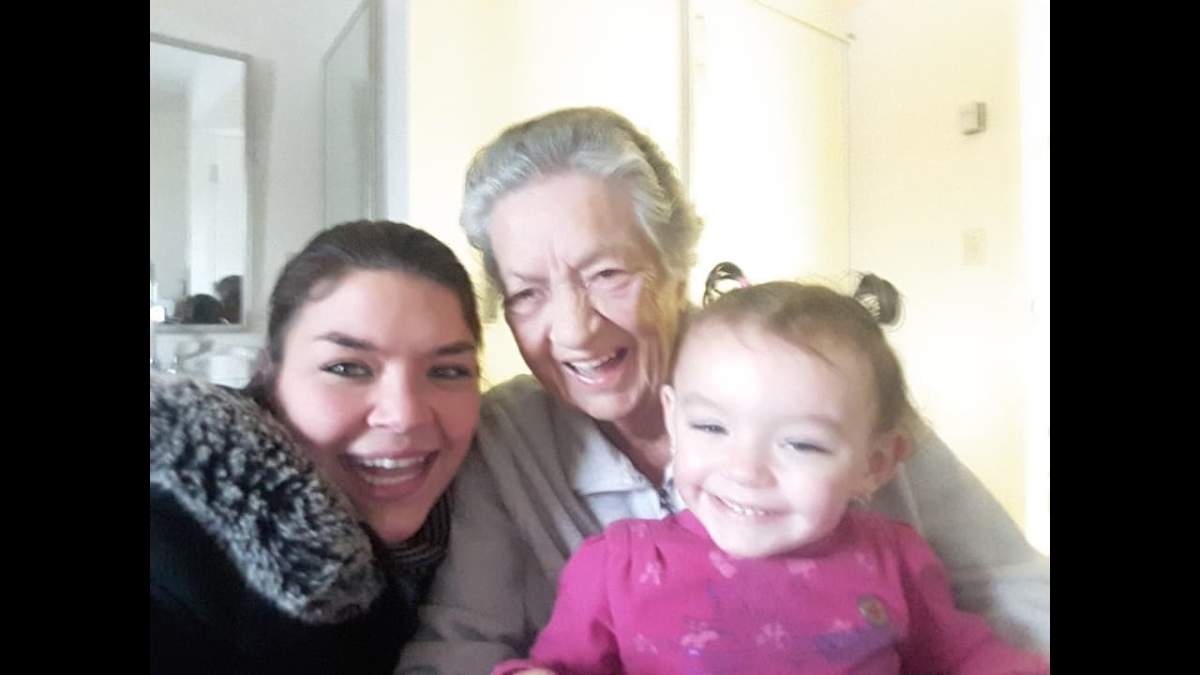The daughter of an elderly patient at a Verdun long-term care facility says she’s outraged over new measures taken to contain the spread of COVID-19.

Anna Dubé is one of several residents forced out of her private rooms and into a common area in an effort to contain the outbreak. The family’s concern is that the move will put her at greater risk of contracting the virus, but public health authorities consider it a calculated risk.
“When you have symptomatic cases in a long-term care facility, you isolate them,” said Quebec’s health minister Danielle McCann.
“So you have a hot zone and a cold zone. The hot zone is where people have symptoms and are being tested for COVID-19 and the cold zone is the other people.”
At the Manoir de Verdun long-term care facility, the cold zone is the common room on the first floor, where 20 patients without COVID-19 symptoms were moved on Monday, according to the health ministry.
Their private rooms, all on the second floor of the building, are now being reserved for infected patients and those awaiting COVID-19 test results.
“It just doesn’t make sense,” said Tammy Hamilton, whose mother moved there one year ago in order to access her dialysis treatment.
While most of her mother’s furniture and belongings have been moved to storage, she deplores the fact that her mother was sent to the “bingo hall” to stay with other residents.
Hamilton said her mother hardly slept on Monday night since “one of her “roomates” spent the night screaming,” adding that they are all separated by a small curtain.

Get weekly health news
“It looked like a war camp,” her mother told her. She fears the move has put her mother at greater risk of contracting the virus and seems contrary to the government guidelines.
“The government is telling us to practice social distancing and to stay in isolation and then here are these extremely at-risk patients that are being put into a common area,” said Hamilton.
In their daily update on Tuesday, public health authorities explained that strict protocols must be in place once an outbreak occurs. Emergency measures are meant to protect patients, workers and the public at large.
“They are already at risk of dying from a simple infection.”
Dubé’s daughter would like nothing more than to move her mother out of the facility, but it’s not an option, considering she wouldn’t have access to dialysis like she does at the Manoir de Verdun.
“She’s really scared,” said Hamilton. “Without dialysis she will die.”
In a statement to Global News, the health ministry said it’s normal for families to react, but that the measures put in place follow the rules of good practice and are aided by the help of specialists.
“We would like to reassure families that all measures have been put in place to protect users and staff,” the ministry said.
“It is a community decision to limit the spread.”















Comments